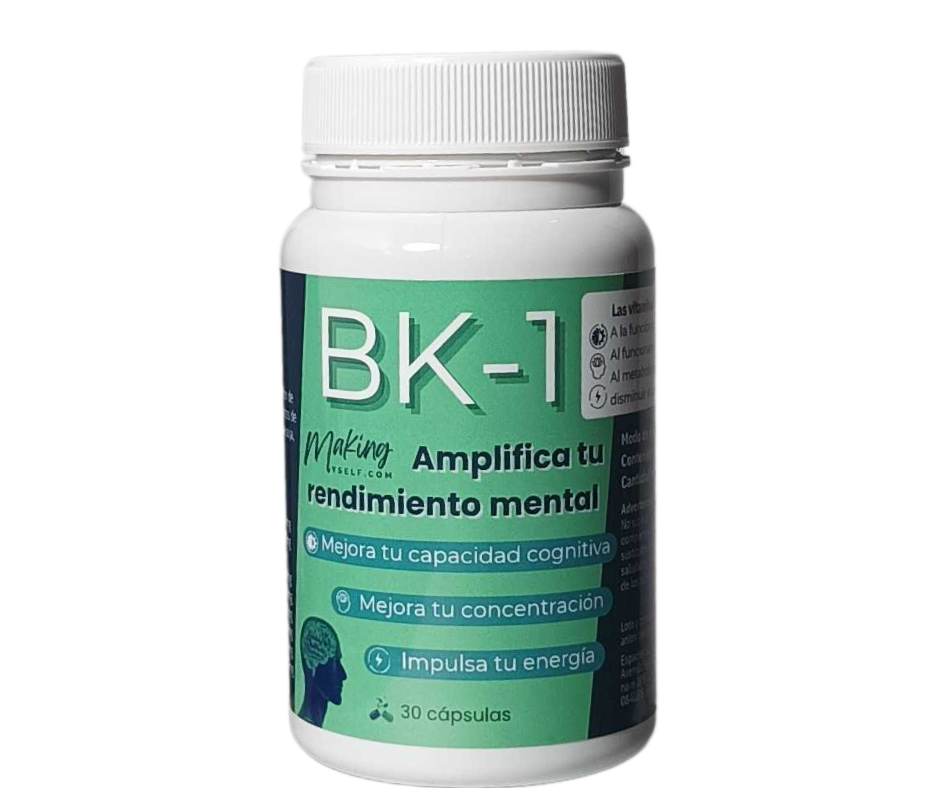From a young age, I felt a special attraction to intelligence. I can’t recall the exact moment my mind “clicked,” but I remember aspiring to become as intelligent as possible. Of course, not everyone can reach the level of Newton—just like I never made it to the Olympics in water polo or dunked a basketball. Physical limitations exist, but they shouldn’t stop us from trying.
Maybe it was insecurity… watching my father’s knowledge and reasoning in action—a true contrarian. Or watching Inspector Columbo catch the killer with an unusual deduction while looking like the slowest guy in the room. Or seeing people speak 7, 8, or more languages. Brilliant people I’ve admired from a distance.
I admire many others for equally important traits: empathy, candor, emotional intelligence—but that’s a story for another time.
Hollywood amplifies this desire. A pill that gives you a four-digit IQ and lets you learn anything in minutes (Limitless). Downloading any knowledge or skill into your brain in seconds like software (The Matrix). Or the moment Mike shows Harvey he’s memorized every law book (Suits, Ep 1). As a society, we celebrate and desire super-intelligent people.
So I tried. The “smart” students did science in high school, then studied telecommunications engineering, then got scholarships abroad, and then earned a lot of money. There’s some correlation between intelligence and income—but it’s not destiny.
I like Charlie Munger’s reflection when asked why his partner Warren Buffett was far richer: “Warren started earlier, worked harder, and is a little smarter than me.” Then he added a gem: “But why have I been much richer than Einstein all my life?” Not all intelligent people are rich, and not all rich people are the most intelligent.
I return to Naval Ravikant’s definition: “The real test of intelligence is getting what you want out of life.” That might be financial freedom, or simply reading books in a Caribbean hammock—not under a coconut tree, which would be less intelligent. Whatever it is, intelligence increases your odds. And another gem from Naval: “If you’re so smart, why aren’t you happy?”
Curiosity has always led me to experiment, learn, and build. I also admire people like Jeff Bezos and Elon Musk (the entrepreneur, not the politician), not just for their intelligence but for their tenacity. They start from reality, science, undeniable truths. For example, Bezos knew no customer wanted higher prices or slower delivery, so he optimized relentlessly for price, speed, and selection.
Applied to intelligence: no one wants to be slower, or take substances that are addictive or harmful long-term. That’s why I developed a formula with a lab that uses the most natural ingredients possible—non-addictive and without energy crashes.
That formula is BK‑1, complemented by the MakingMyself app. It aligns with a universal desire: to be a little smarter, think better, and get closer to “what we want in life.”
— Fredi Fernandez, Founder
